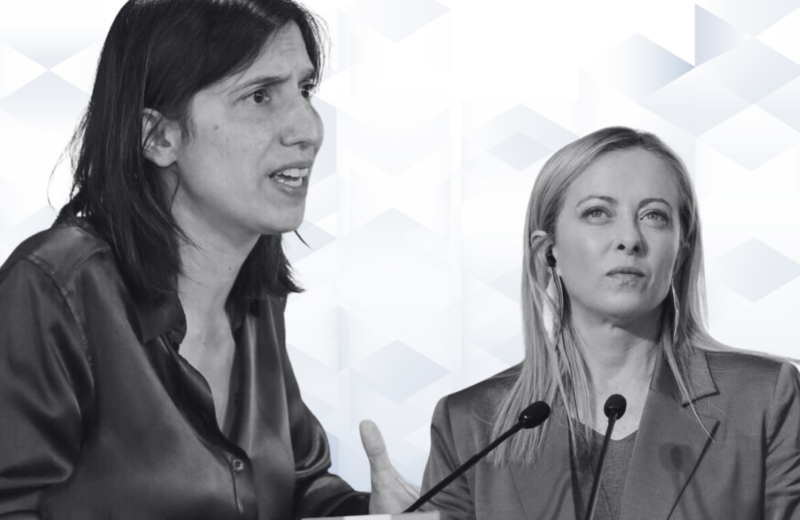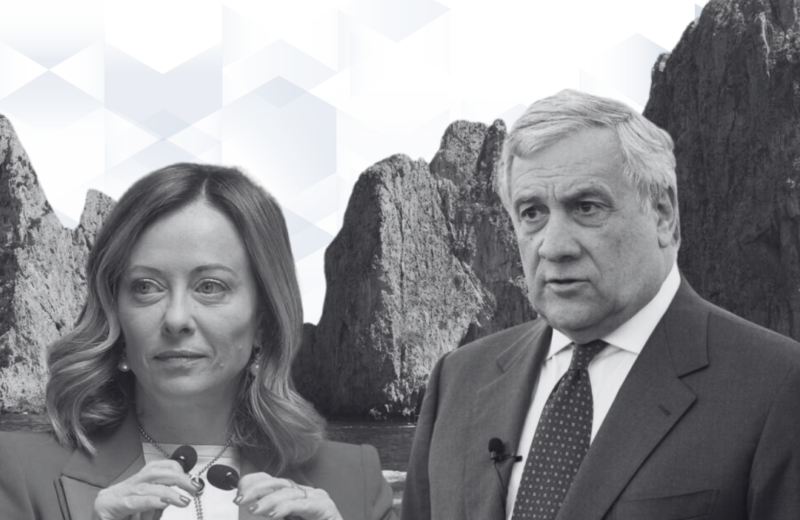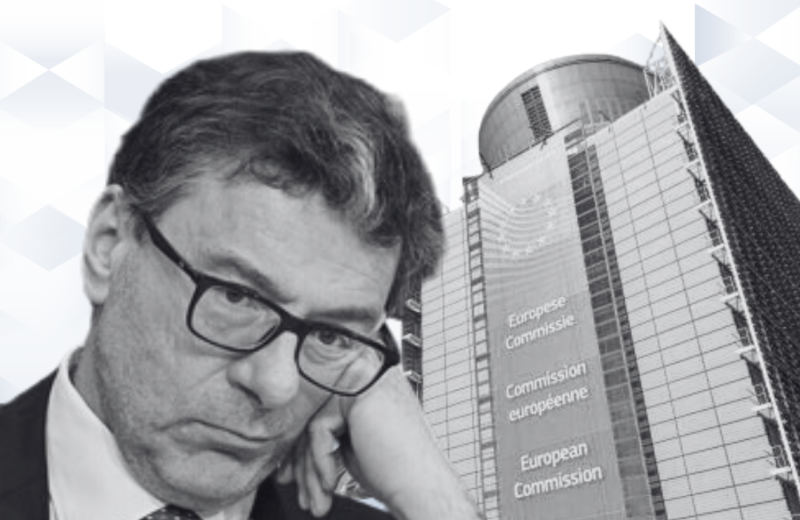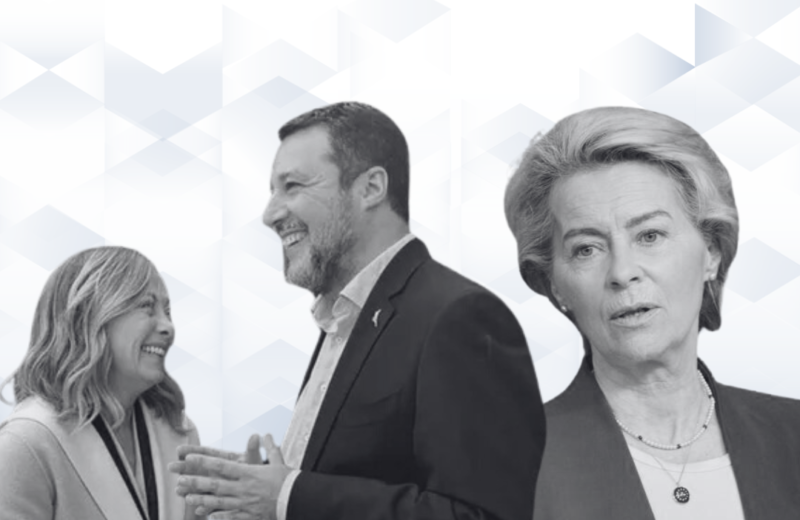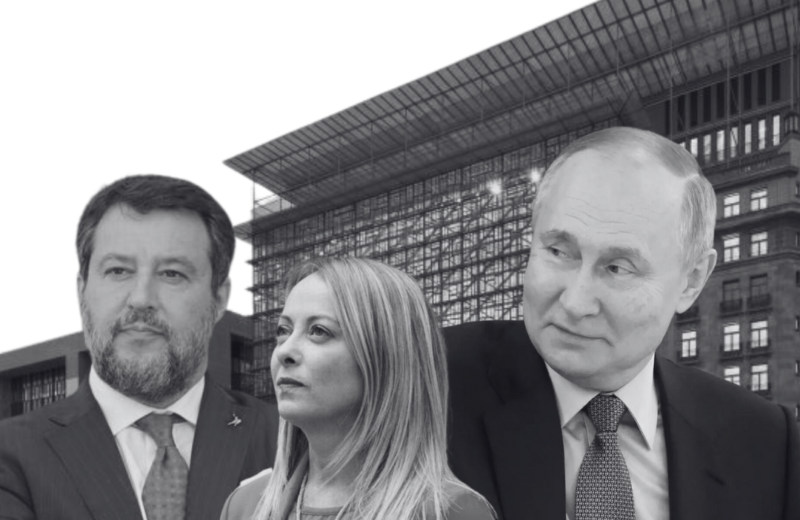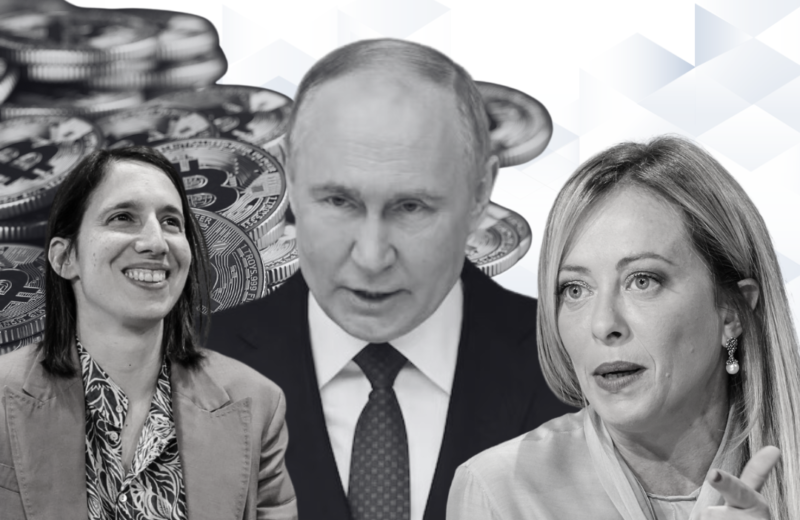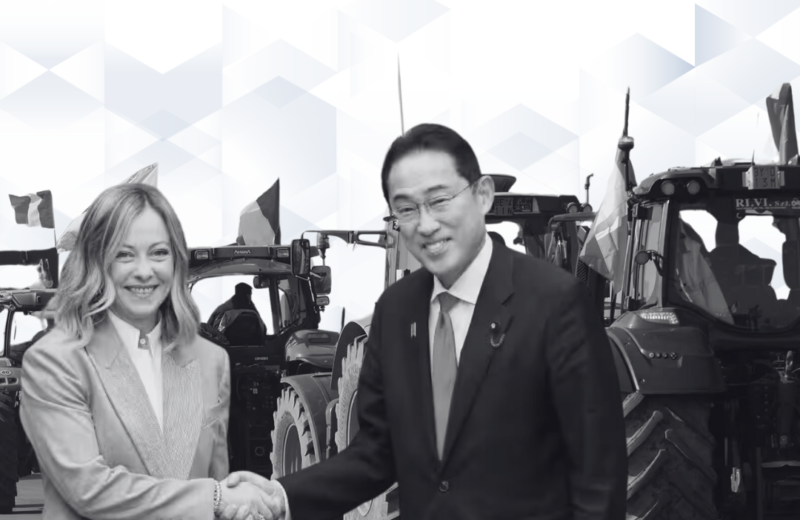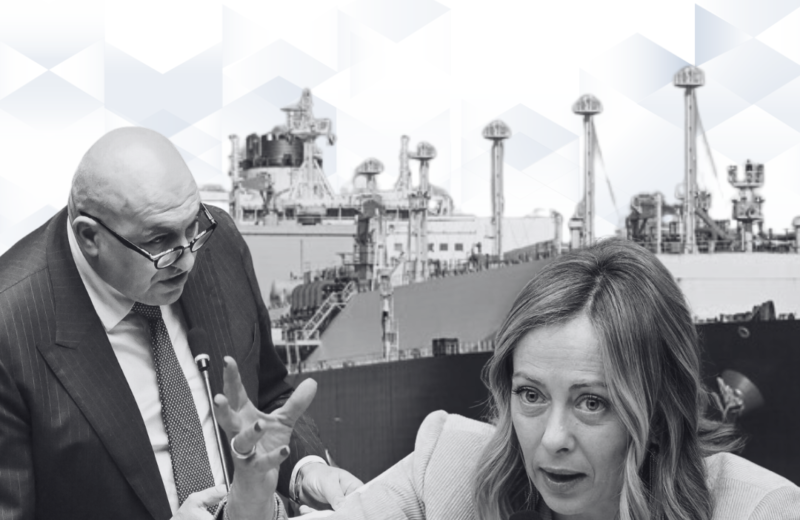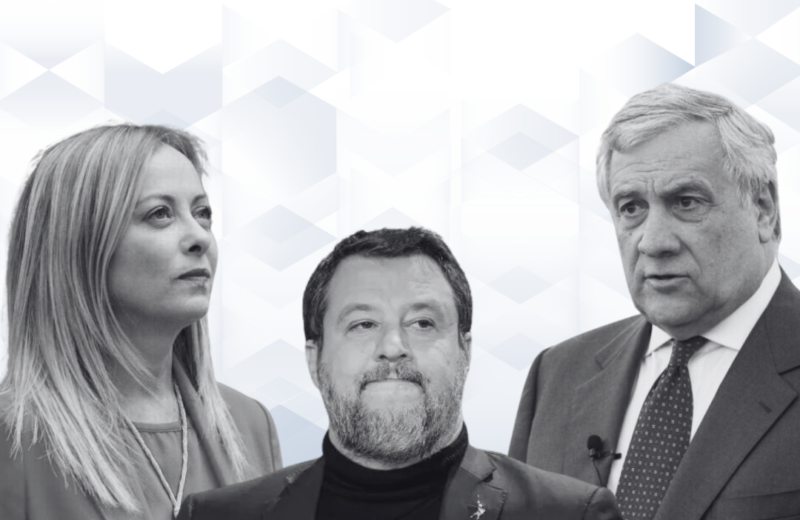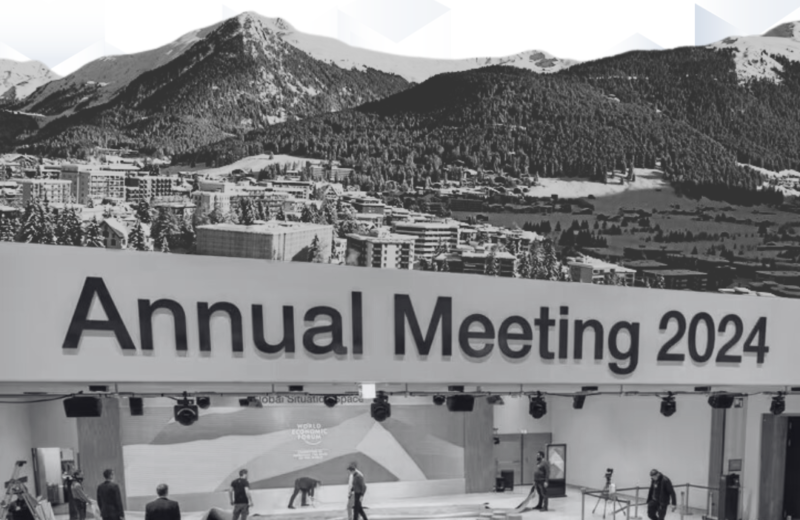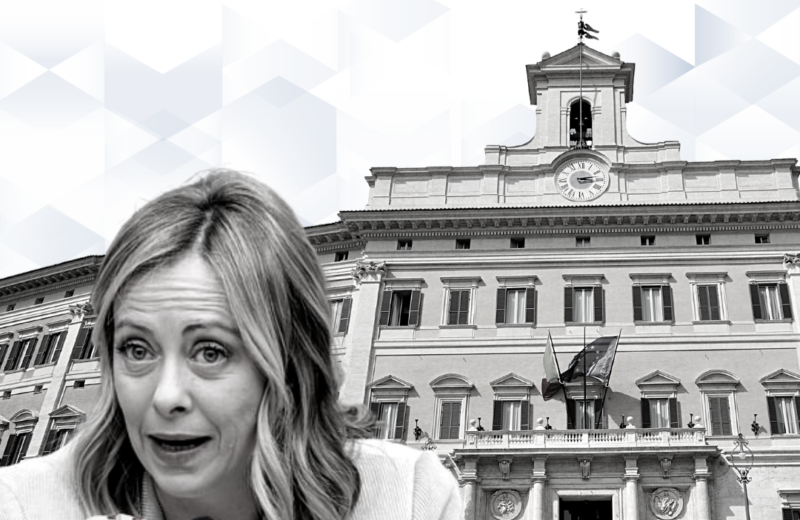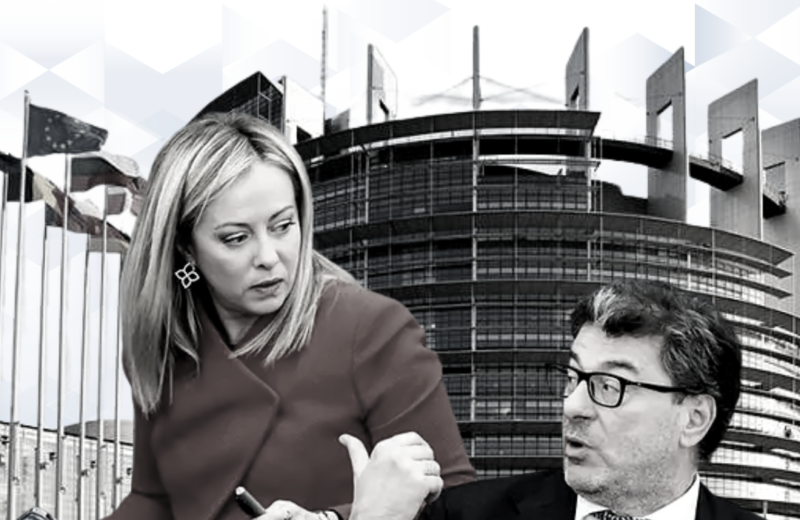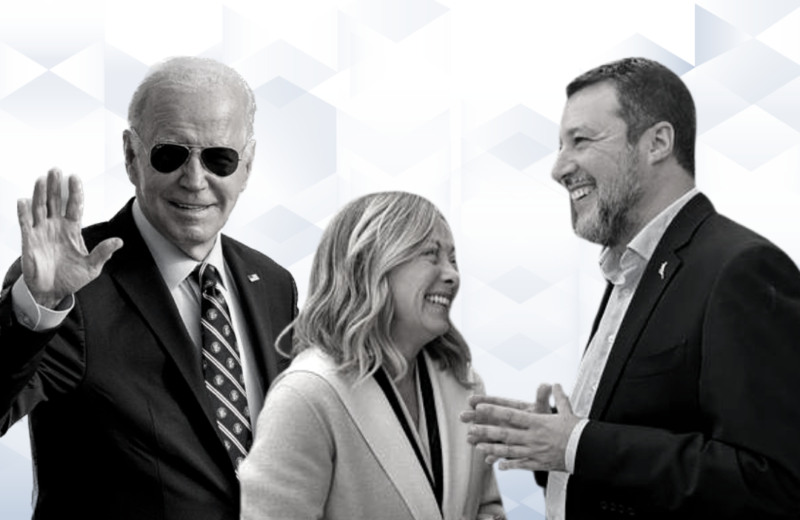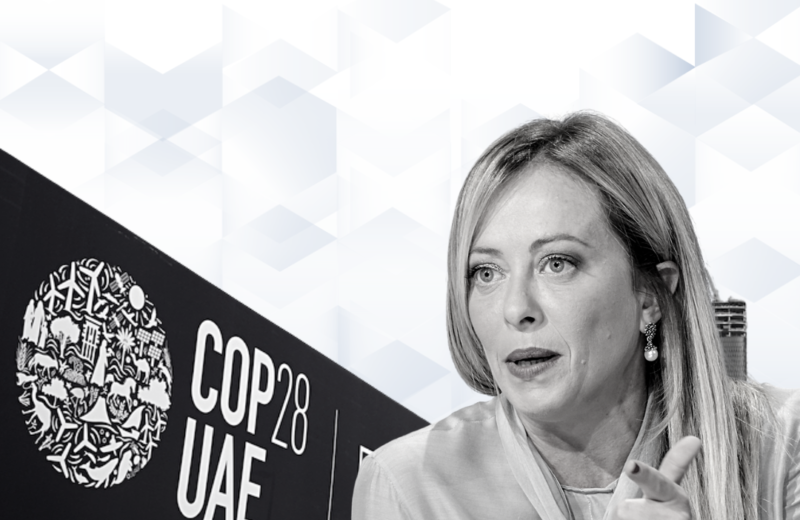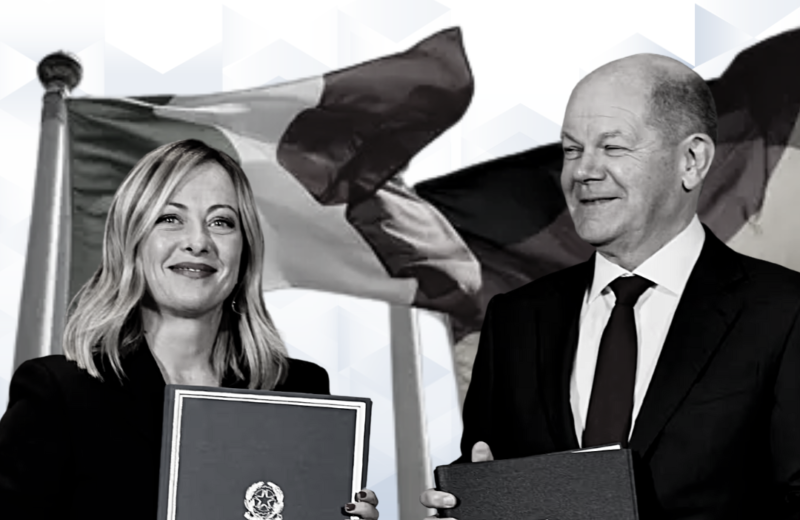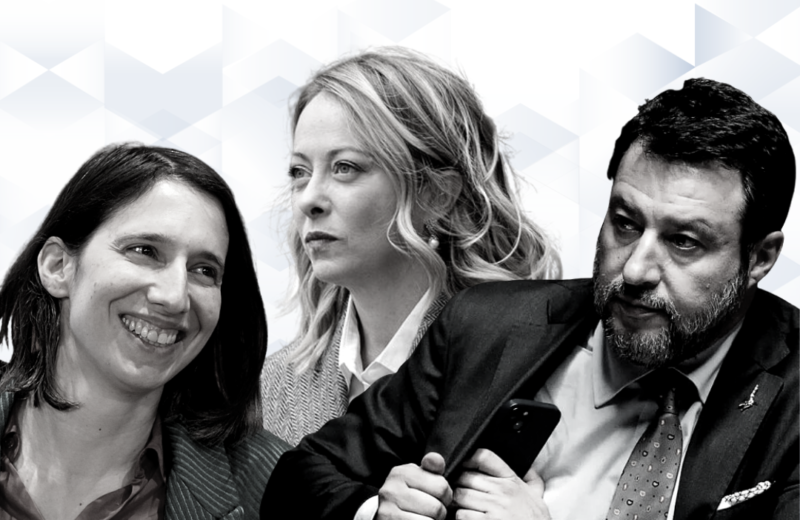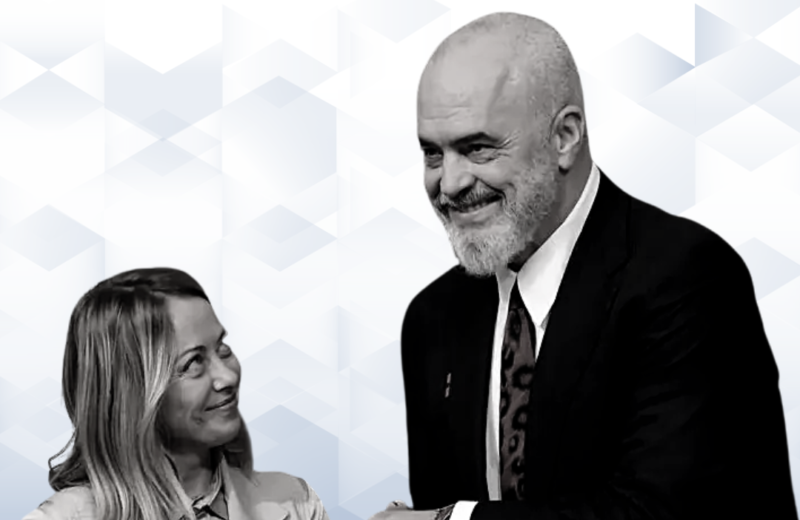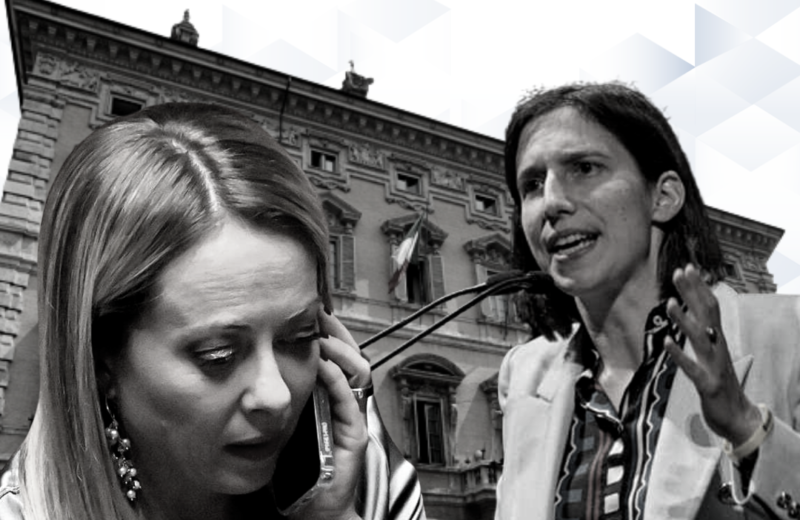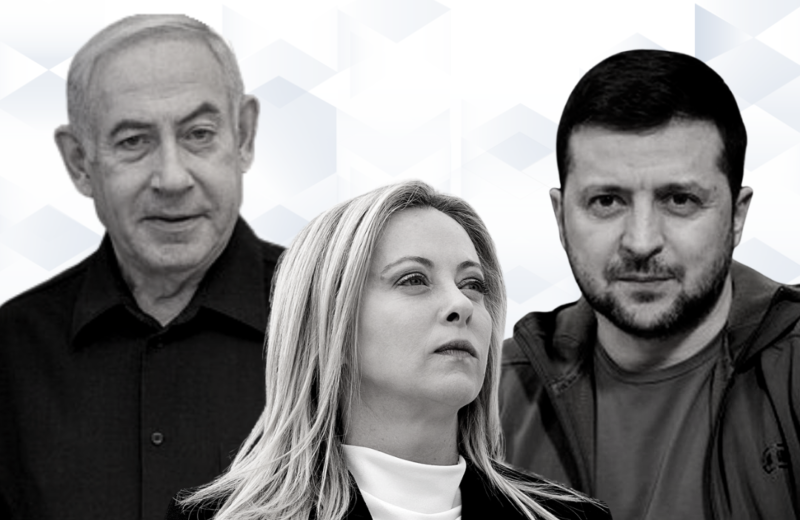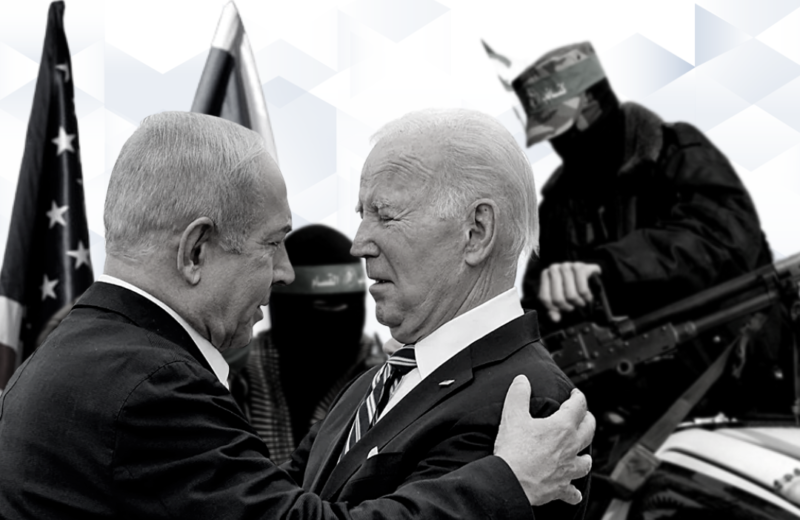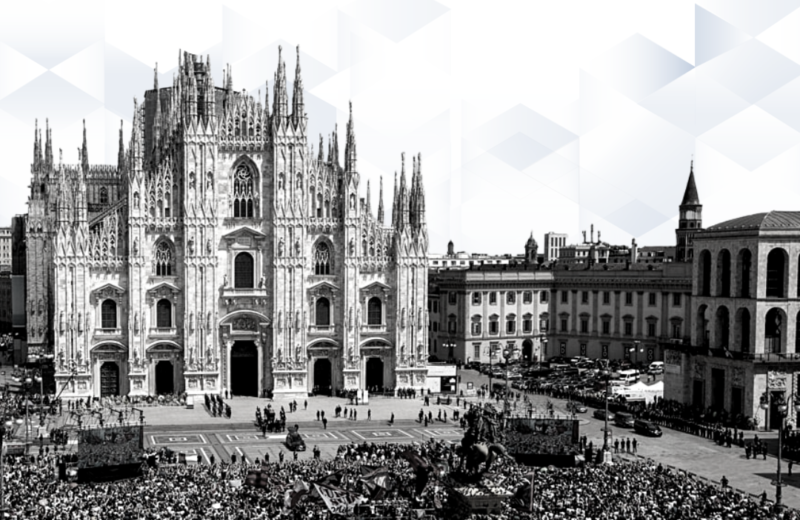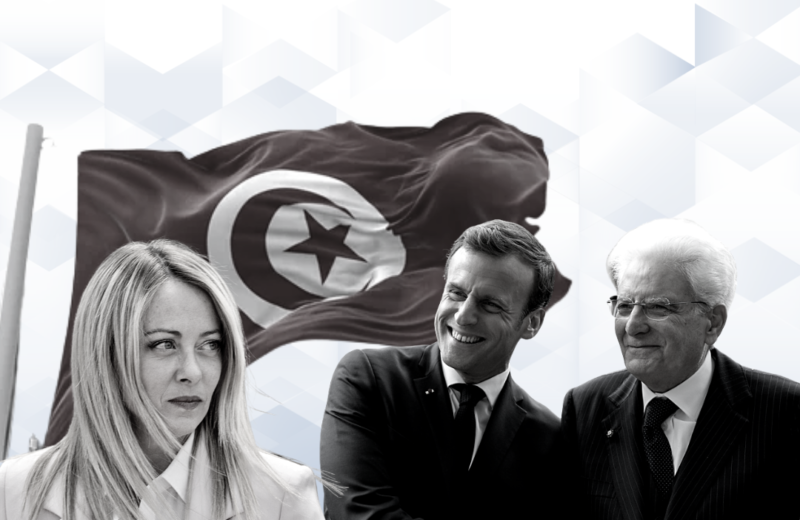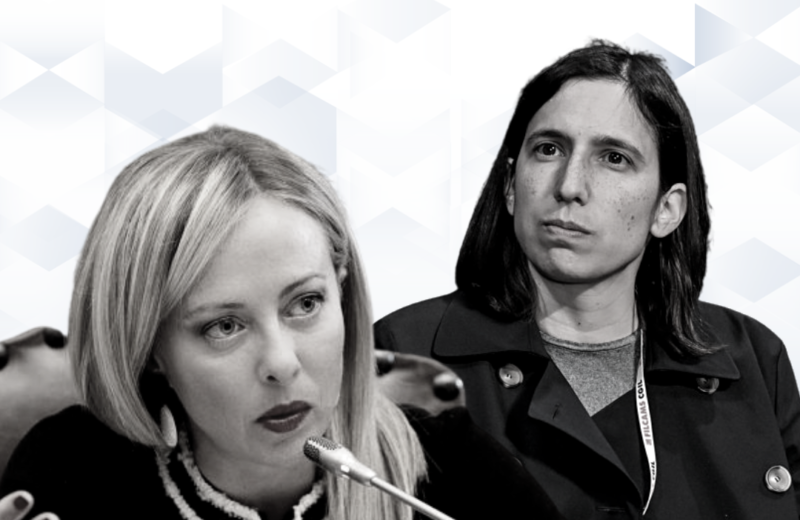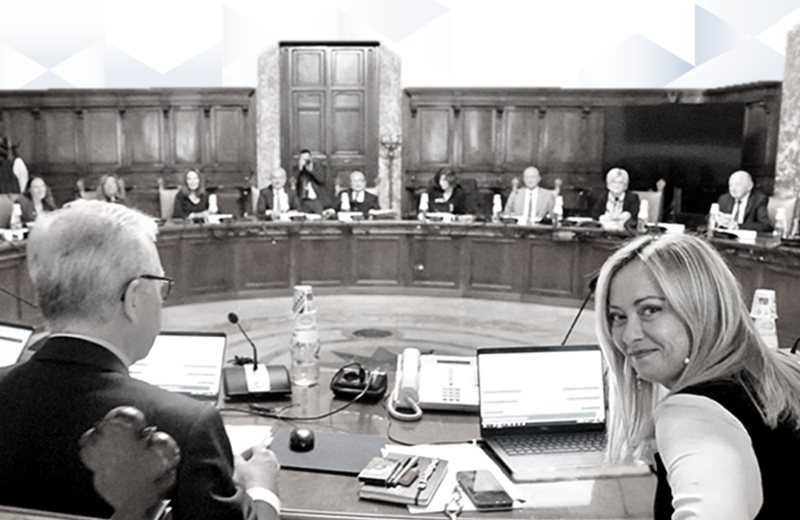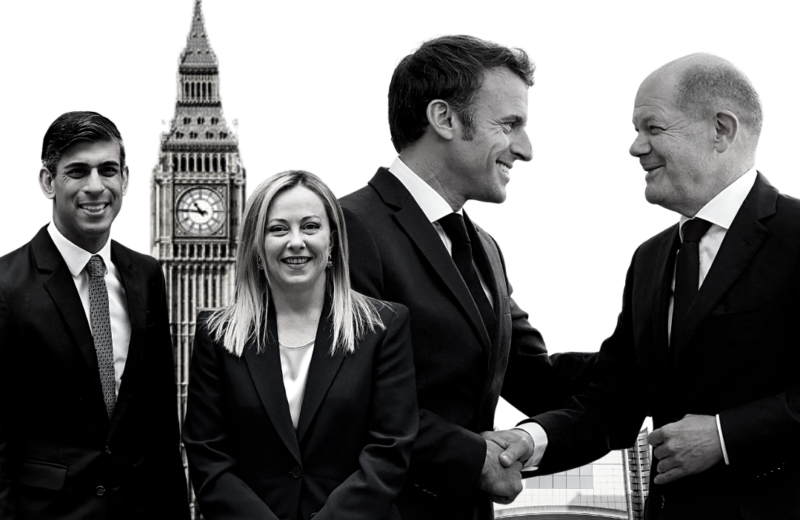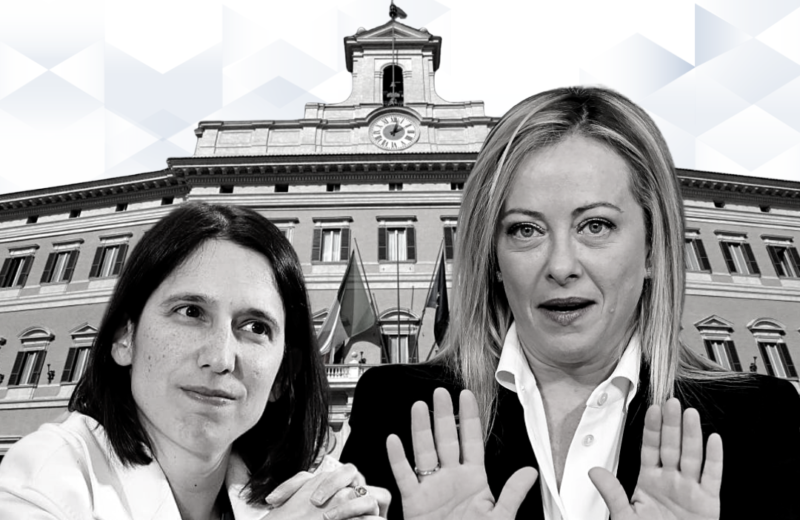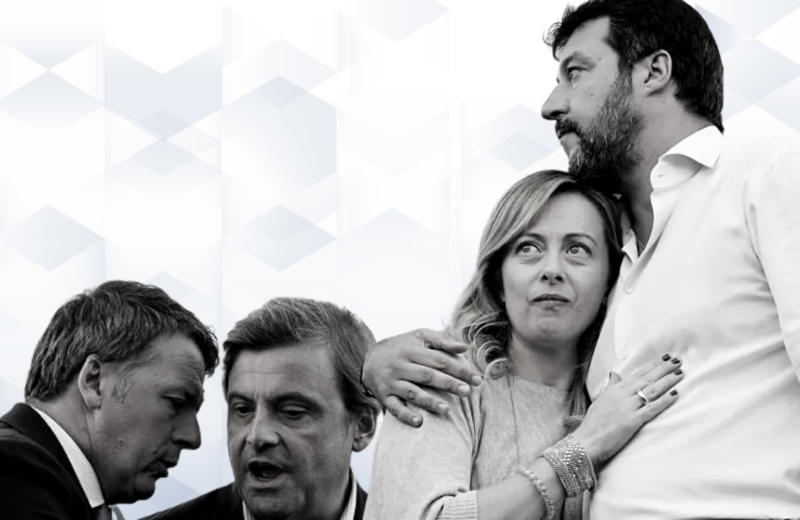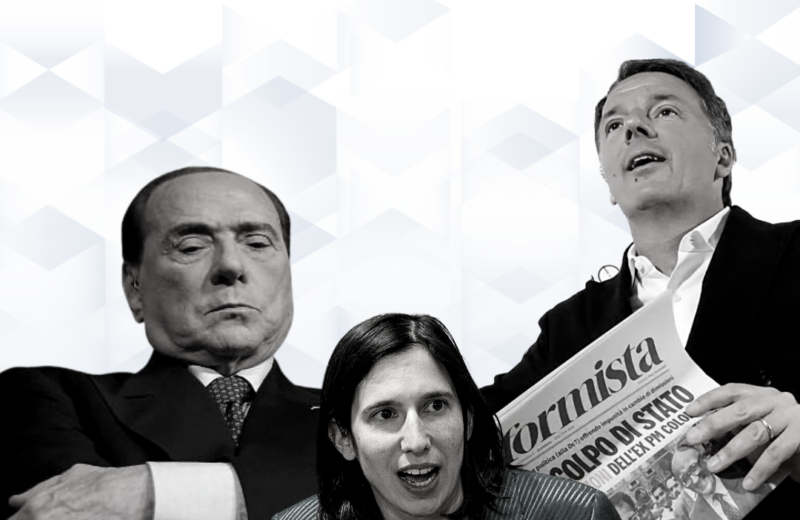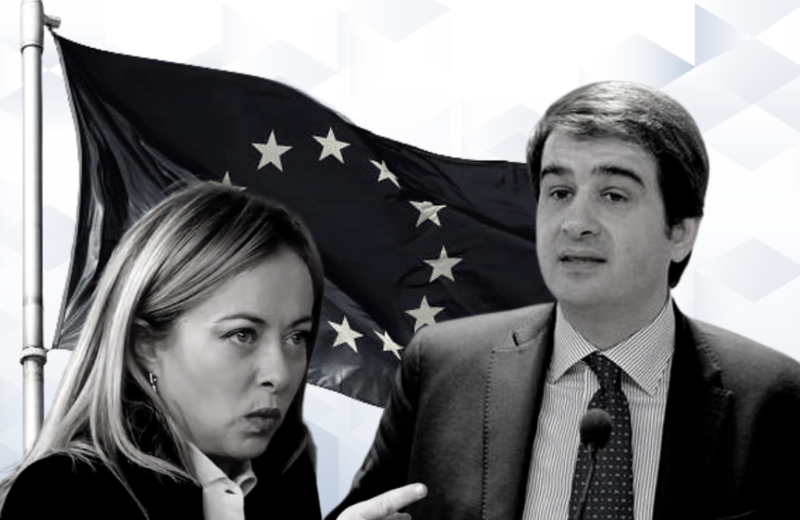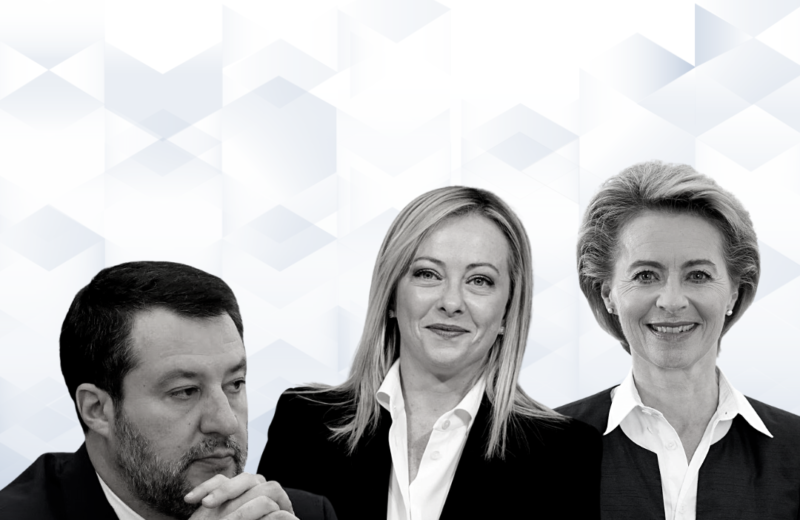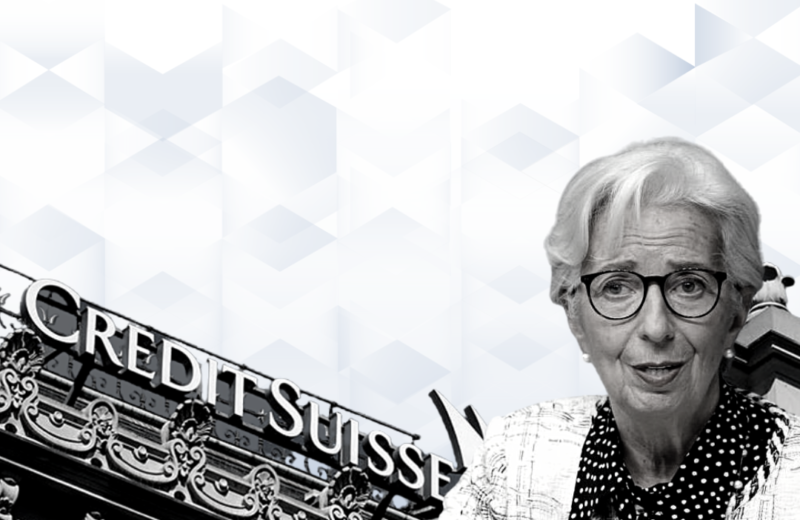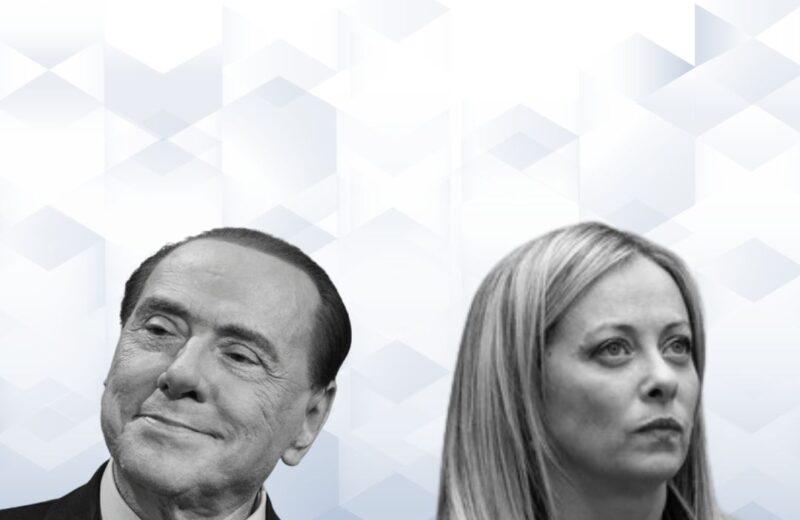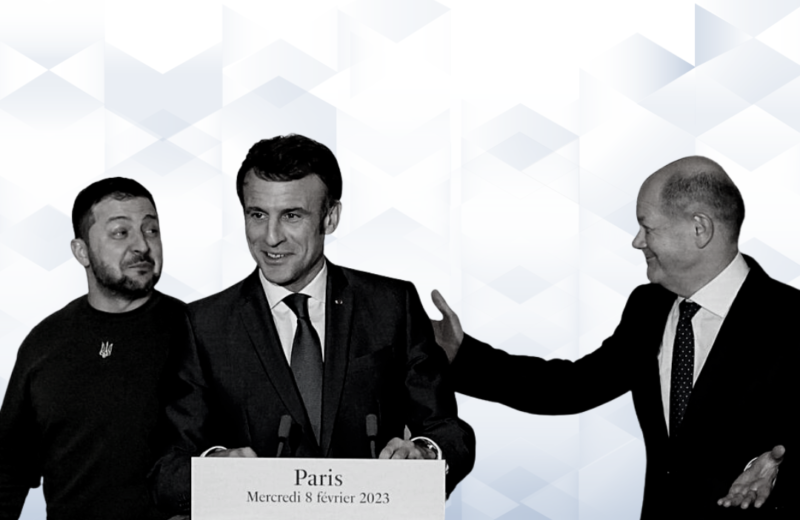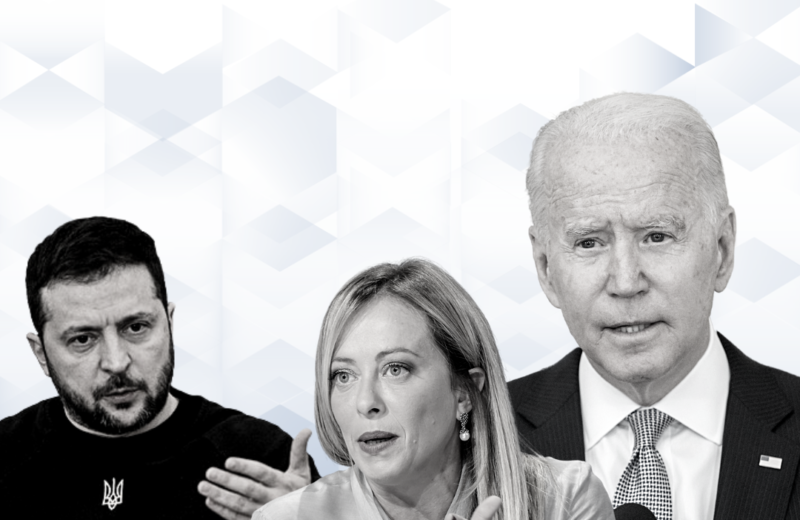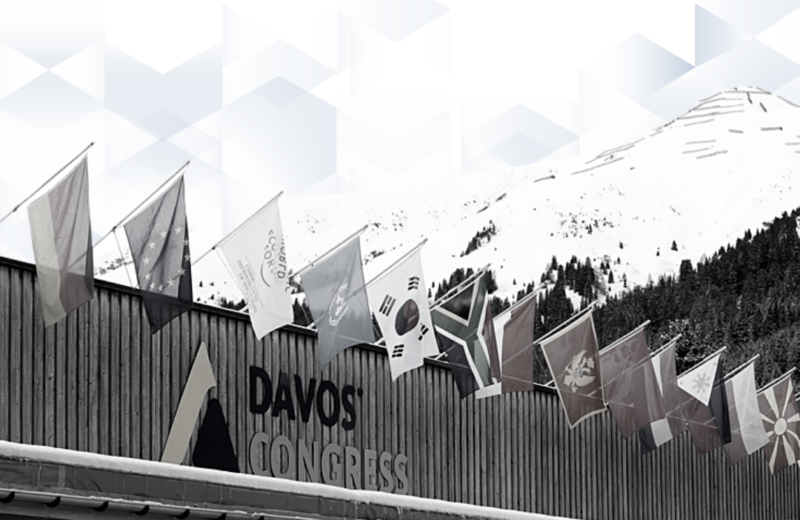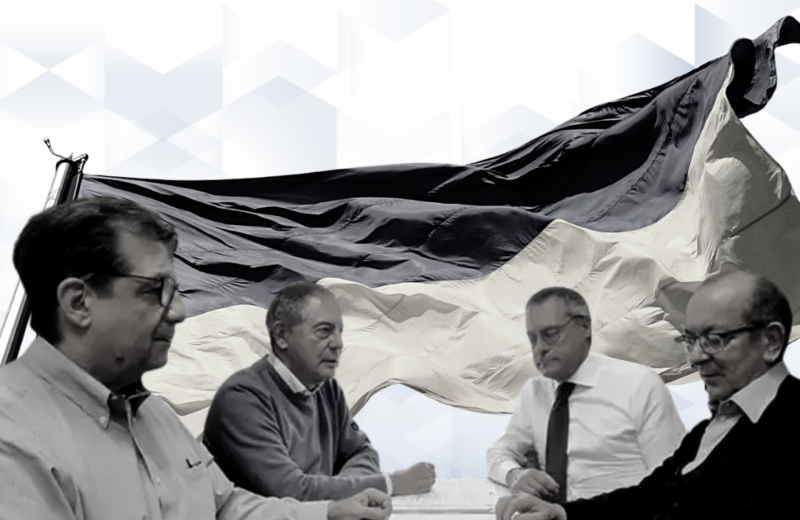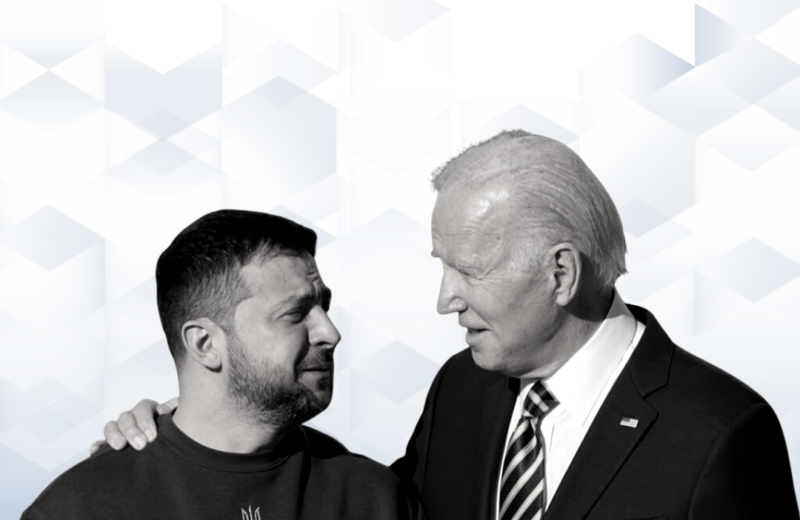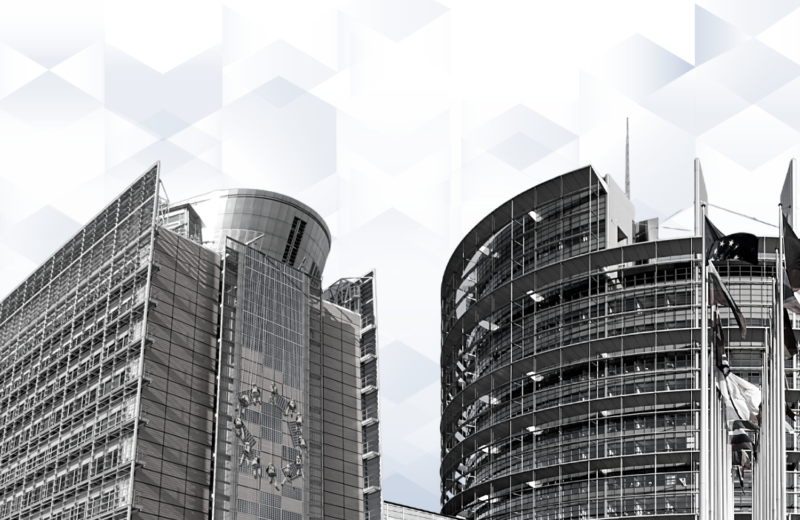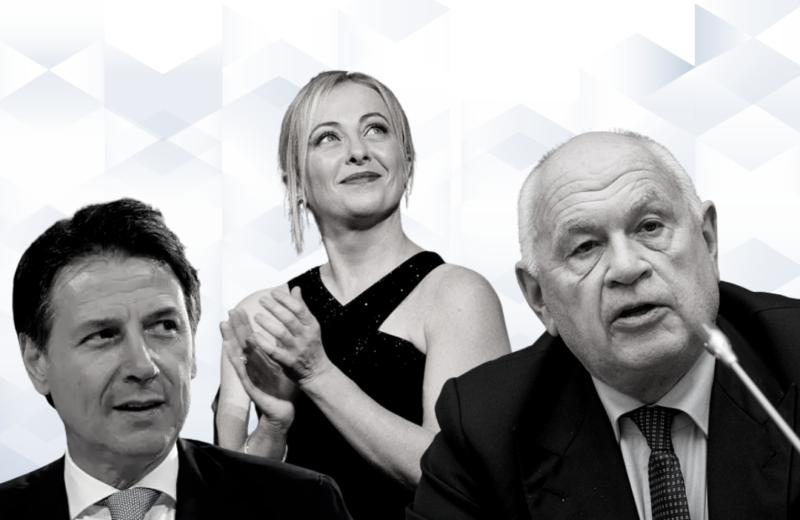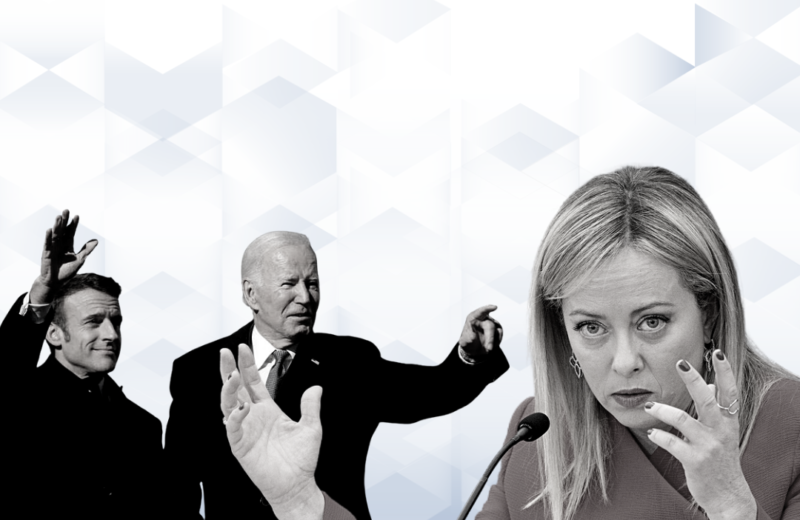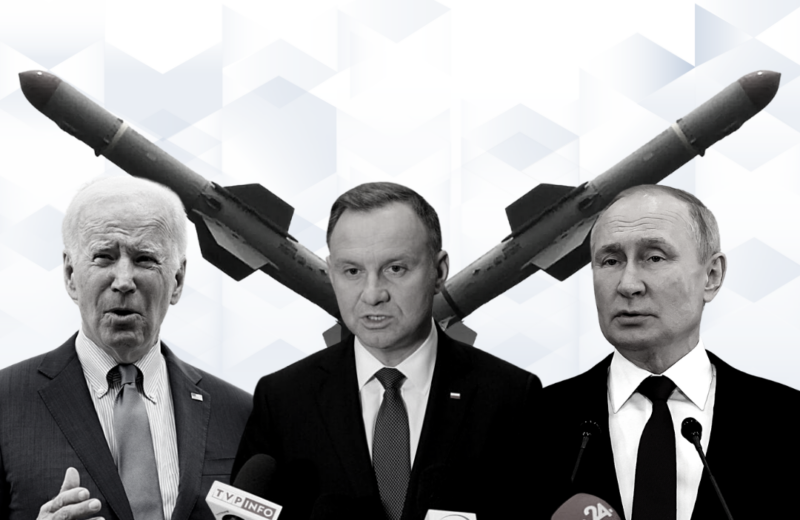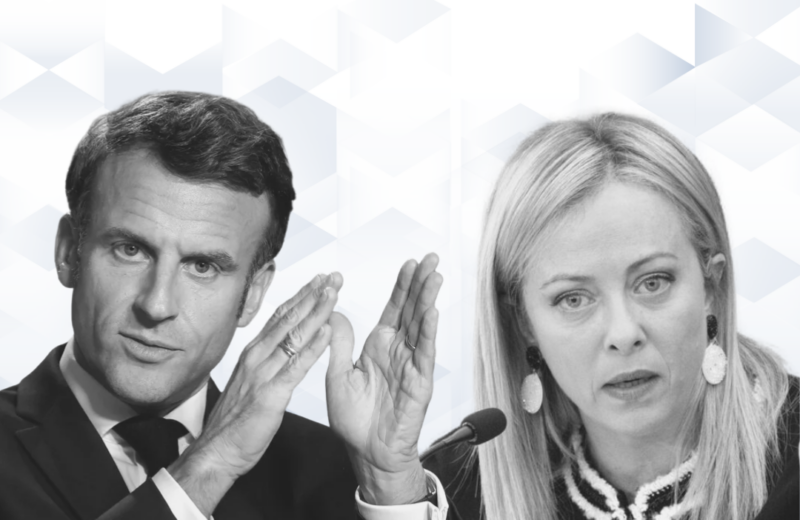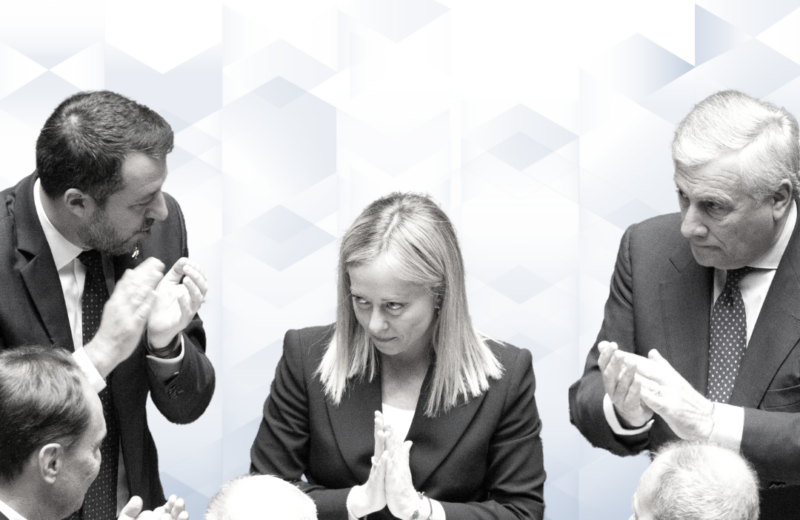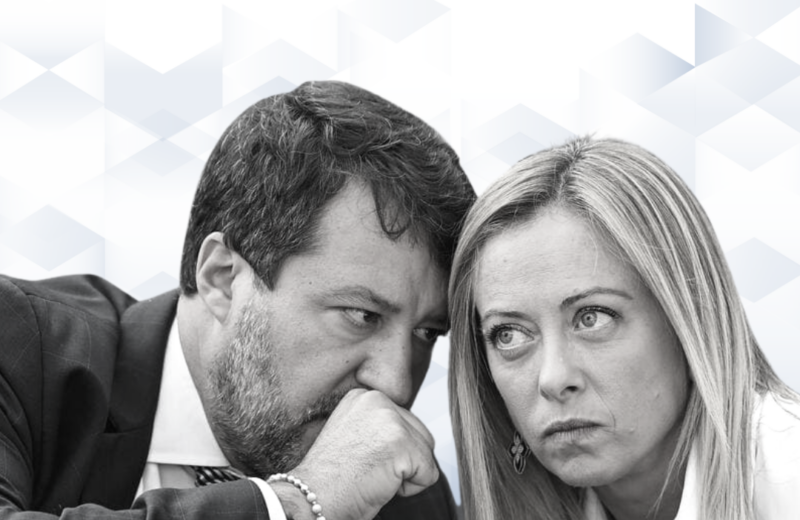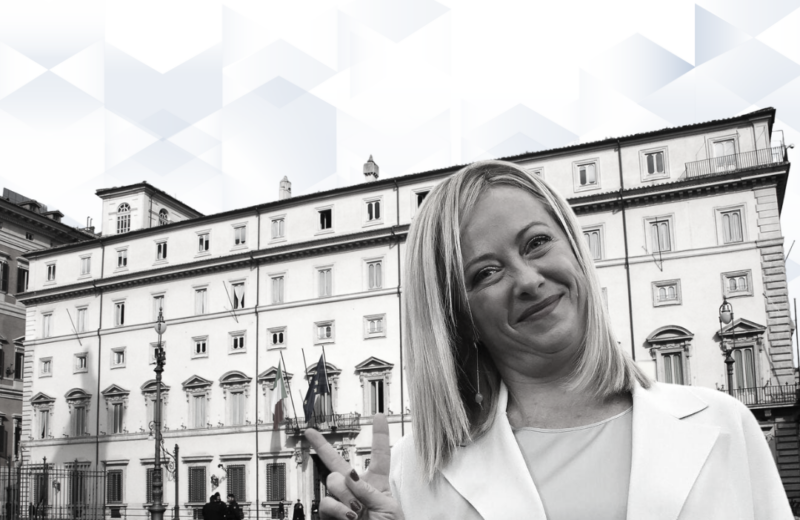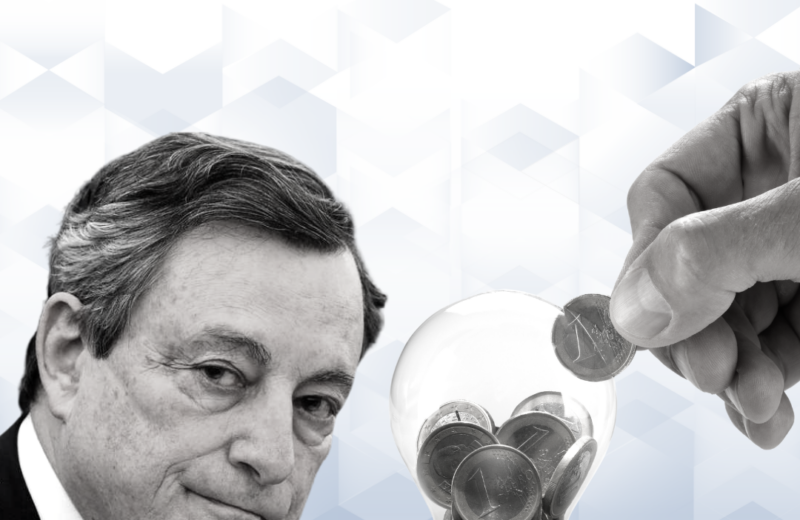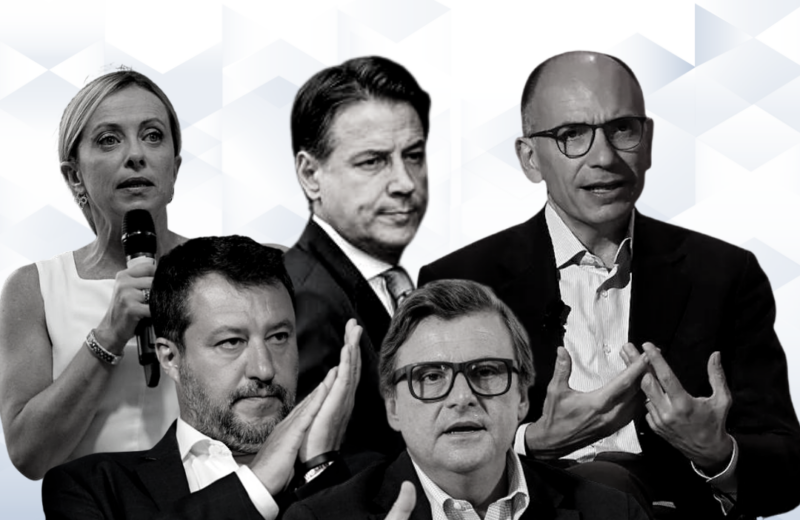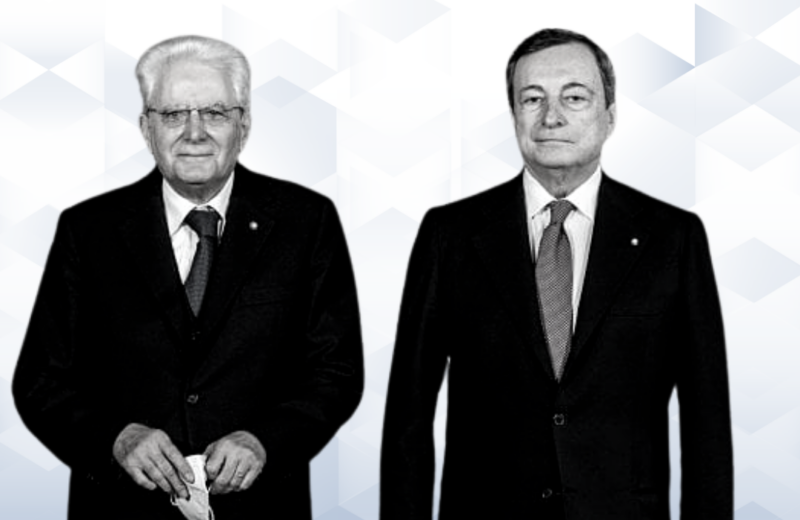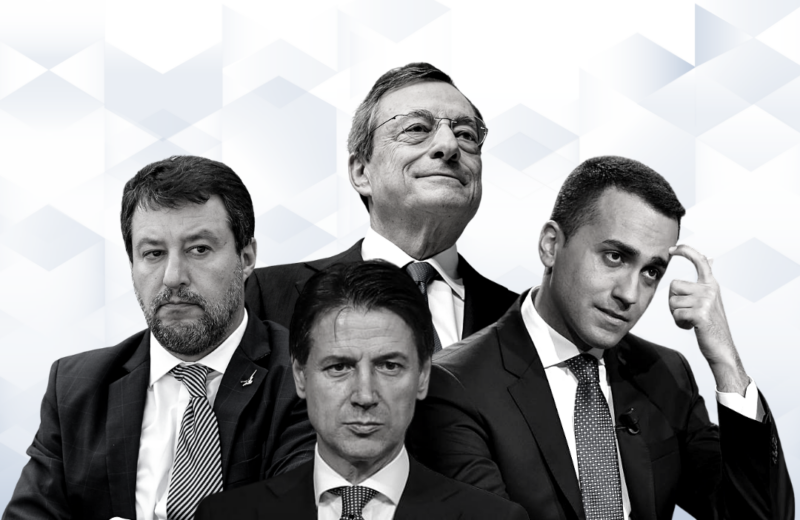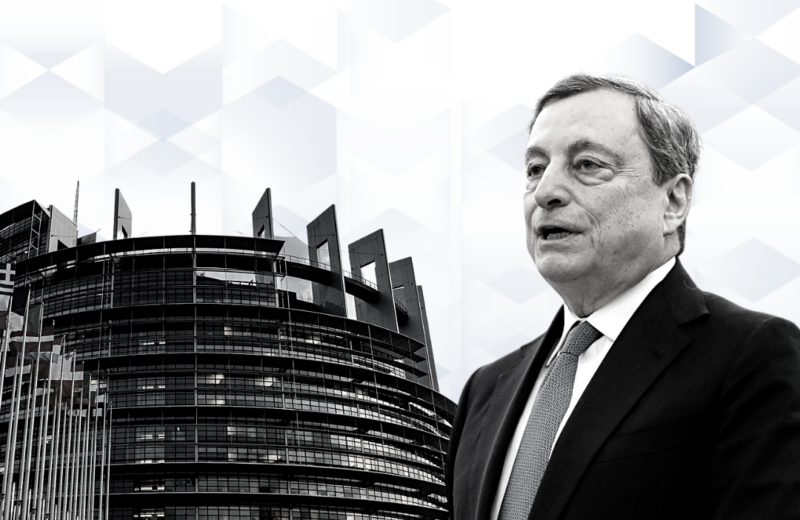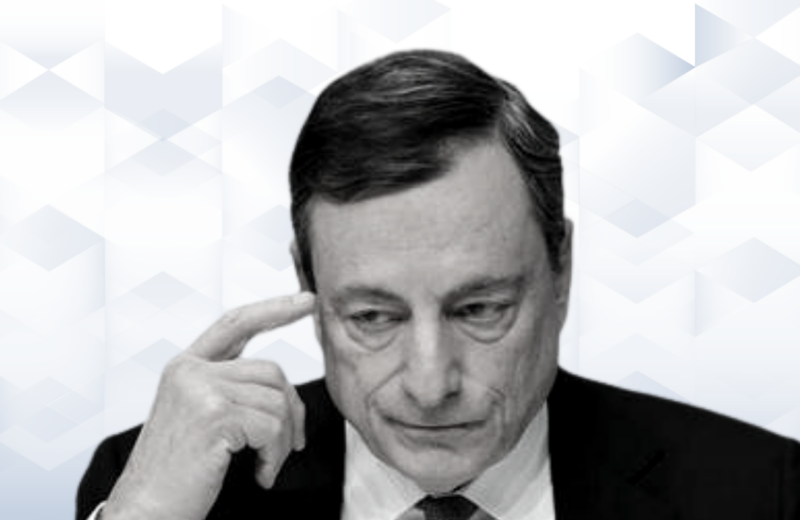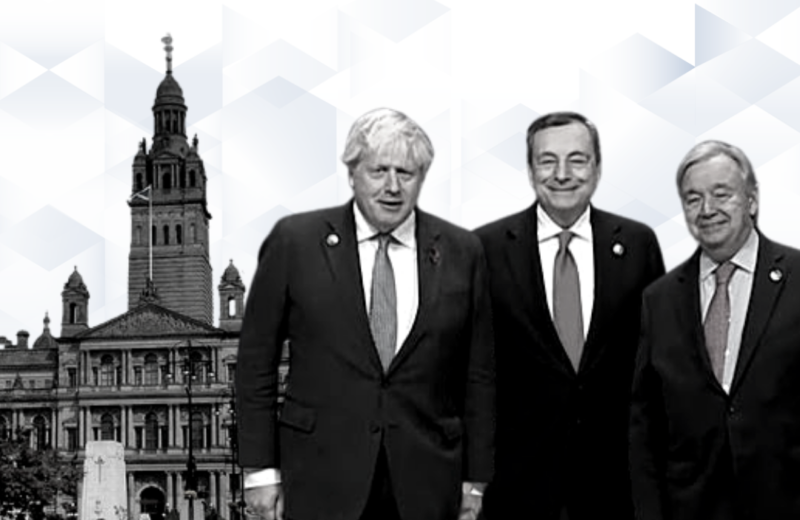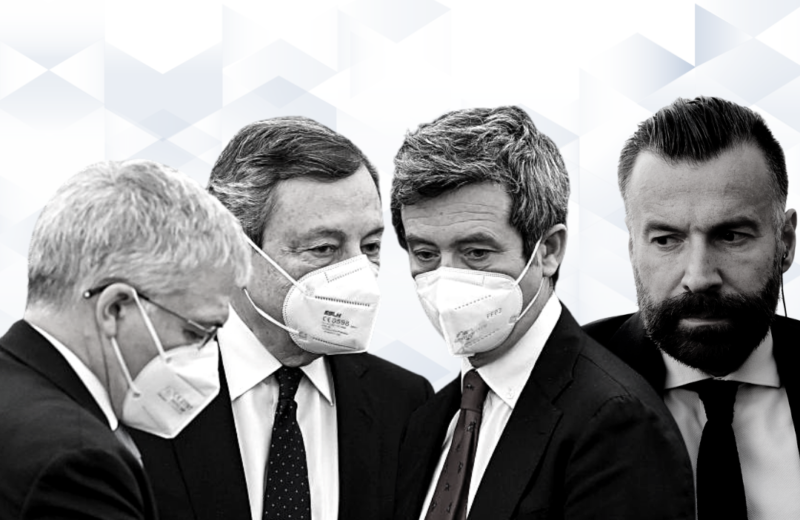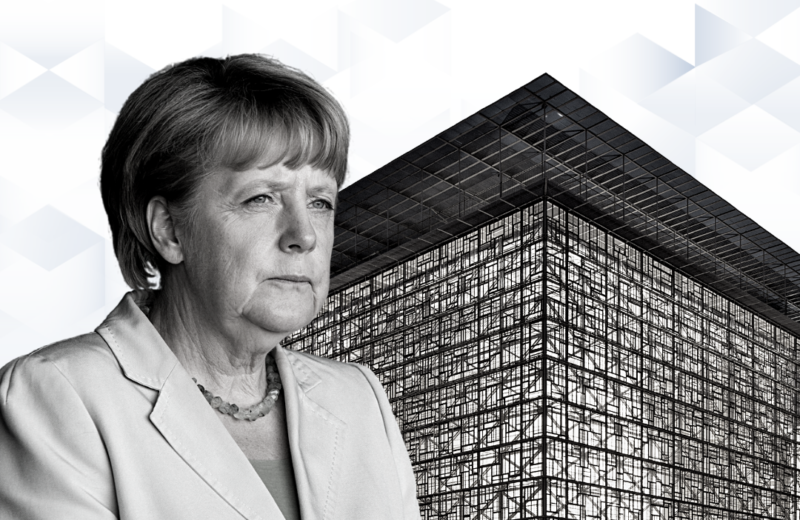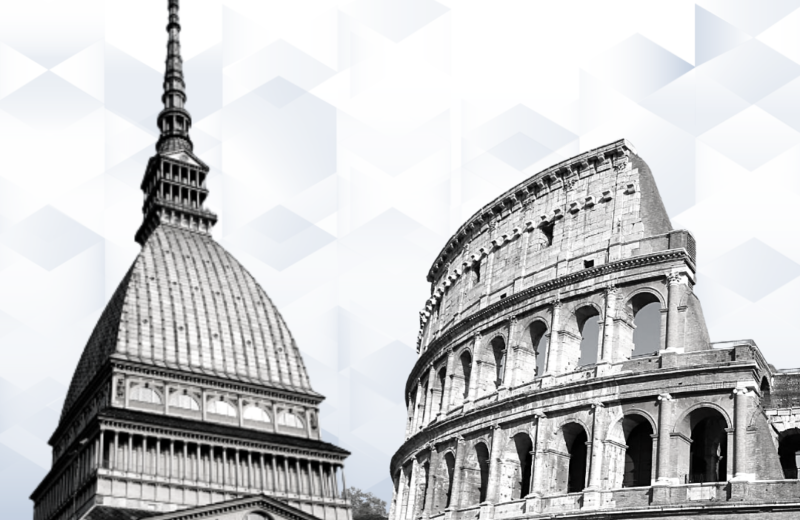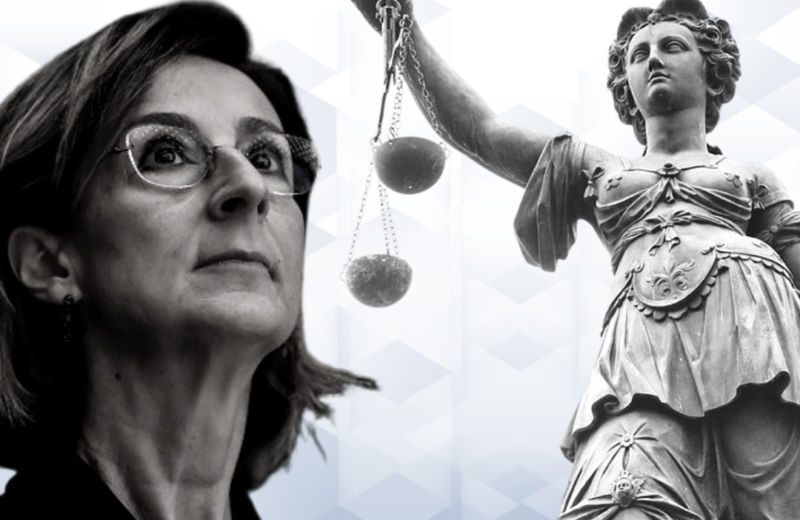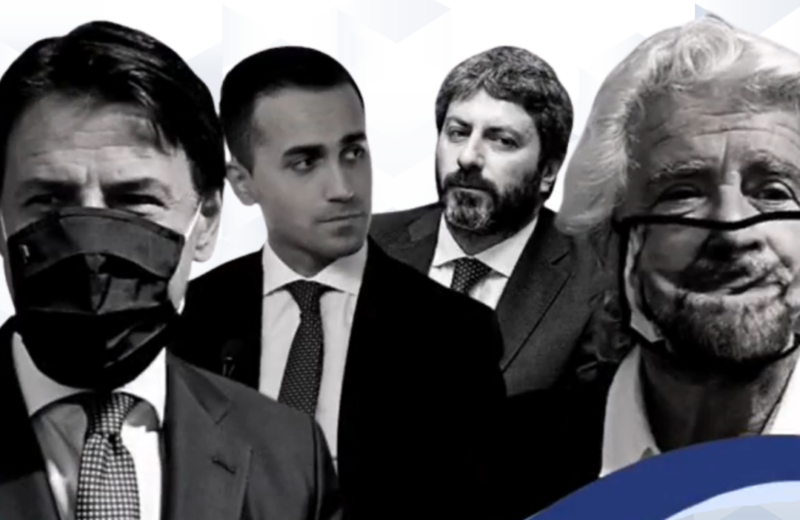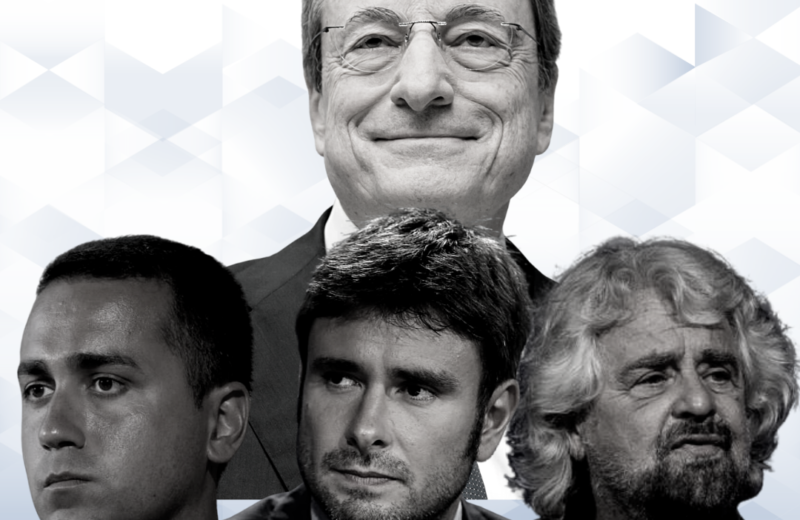The distance duel continues
Looking at the international political scenario from a more panoramic point of view, what is now coming to a close has been a week marked by voting. A vote that involved three Mediterranean basin powers: Spain, Turkey and Italy, with an interesting result from an analytical point of view: the turn to the right of the political orientation of the three countries.
Let us start with Spain. Over the past few days, 12 regions and over 8,000 municipalities in Spain have all been involved in the administrative elections. The centre-left was not only defeated in Madrid, Barcelona, Seville and Valencia. It was ousted or beaten in four autonomous communities and two regions by the Popular Party, which in the event of an agreement with the ultra-conservatives of Vox would now have the numbers to govern the Valencian Community, Aragon, Extremadura, La Rioja, Cantabria and the Balearic Islands. Also retaining the government of the Community of Madrid and Murcia. The Socialist Party (Psoe) managed to maintain the leadership of the region of Castilla La Mancha (where the traditional lead has clearly thinned), Navarre and Asturias. A defeat for the centre-left that pushed Prime Minister Pedro Sánchez to announce his resignation and call early elections in July.
In Turkey, Tayyip Erdogan emerged victorious in the second round of the presidential elections. His coalition won decisively, although it failed to do so, as in the past, in the first round. The small fall, however, failed to jeopardise the final success. Erdogan’s victory means many things: maintaining a questionable democratic direction in the country due to restrictions on the main freedoms (press, expression and Islamist laws), severity towards the Kurdish minority, economic policy aimed at lowering interest rates, favouring exports but also increasing inflation and devaluation of the national currency. But it also means strengthening its position as a mediator between the Western front and Russia. Turkey, in fact, is the only country to have maintained relations with Moscow after the outbreak of the war in Ukraine, revealing itself, however, to be a not always transparent interlocutor, given its still very evident economic and energy relations with Putin.
Back to Italy, where in the week of Republic Day the centre-right confirmed a clear electoral victory in the local elections, which ended on Monday with the final ballots in many cities, including seven major capitals. The news is not really the success of the centre-right, but rather the political impact the vote had on the PD and beyond. Schlein has admitted defeat, calling for a more project-based unity of the centre-left, but within her party the voice of the dissident component of the secretary has risen loudly. A debate that could gain even more ground in the coming months, also in view of the next important test, that of the 2024 European elections. That appointment now acquires great political relevance for both sides, but especially for the centre-left: failure this time could have more categorical consequences.
The government, therefore, can enjoy the 2 June celebration with a strong consensus that generates tranquillity. The only worry at the moment is the NRRP, a challenge that is becoming more complicated due to delays. Despite the reassurances of European Affairs Minister Raffaele Fitto, (who explained in a press conference after Wednesday’s Council of Minister that Italy is fulfilling all the commitments to amend the Recovery Plan without losing any money and clarified: “We must go fast, but not in a hurry”), the words of Ignazio Visco, the governor of the Bank of Italy, also arrived during the week. In his last speech at Palazzo Koch before the end of his mandate, he explained: «Even if improvements are possible on the NRRP, there is no time to lose. The Plan represents a rare, and on the whole valid, attempt to define a strategic vision for the country. It is therefore crucial to implement the ambitious programme of reforms, long overdue, contained in it. An ongoing dialogue with the European Commission is absolutely necessary as well as useful and constructive ».
A gentle, albeit severe, reminder to the government of the political and economic cruciality of the challenge. And in the front row listening to him was an “old” acquaintance of the Italian establishment, that Mario Draghi, about whose near future many continue to wonder.
